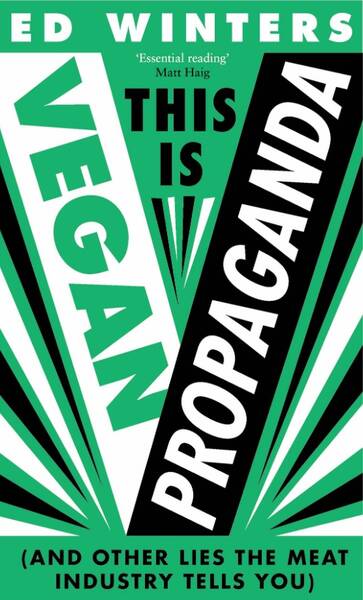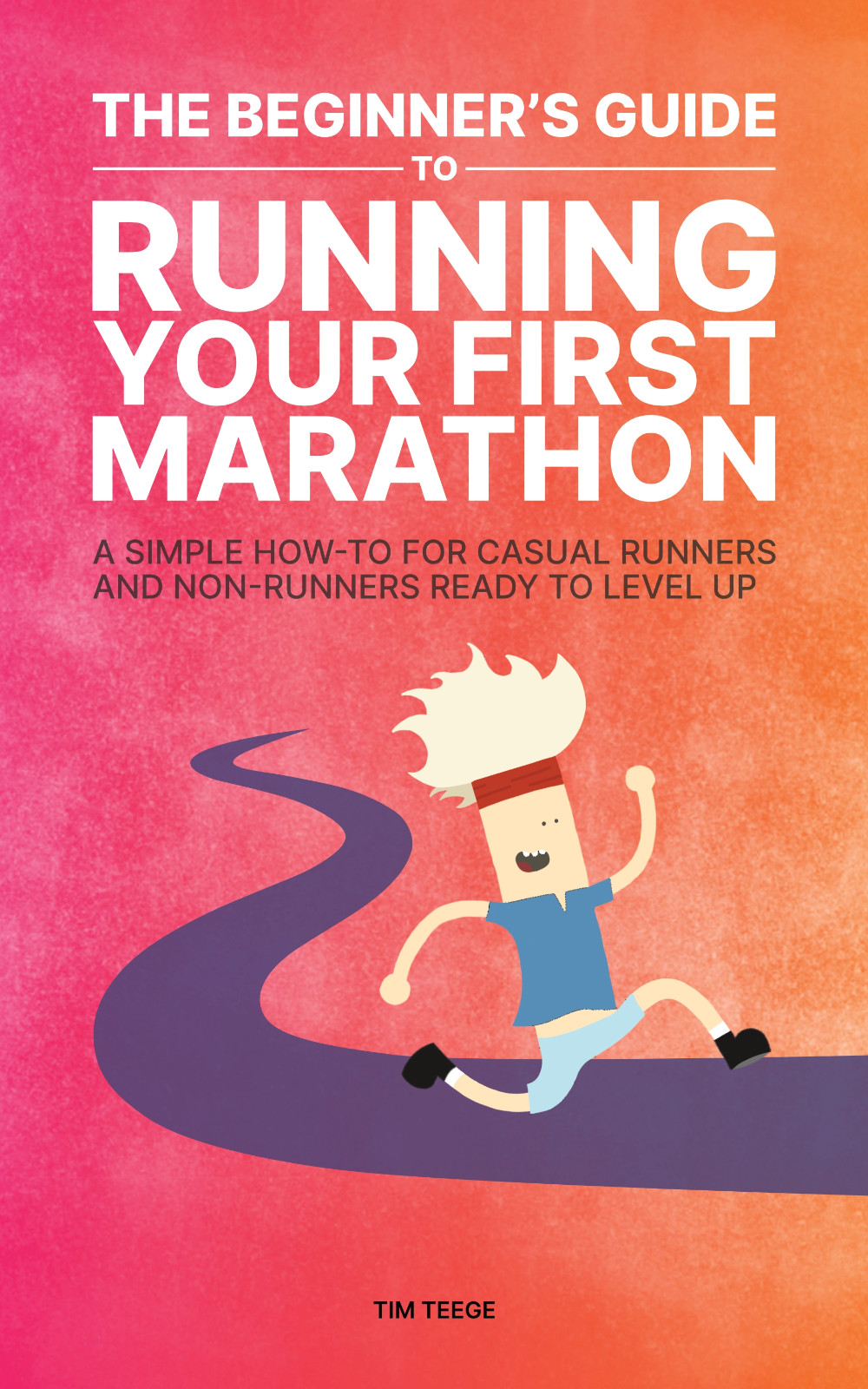🚀 The Book in 3 Sentences
- In whatever way you think animals raised for food or clothes production are currently treated, it’s way worse.
- Everyone who thinks about how human nutrition should be optimally done, including physicians, climate scientists, philosophers, biologists, ecologists, agrees that switching away from animal farming is the path humanity needs to follow – the only group who disagrees: the people profiting from animal farming.
- Food and society is linked so closely together that trying to change anything at all is seen as a threat to the status quo by some, but it’s clear that in the future we will look back in horror at our current behavior and the faster we transition by utilizing the Overton window, the better for everyone in the long run.
🎨 Impressions
I first heard about the author Ed Winters when he was a guest on the Rich Roll Podcast. It was impressive to learn what he had already accomplished in terms of educating people about how feeding humanity could be optimized. At age 28, he is incredibly well spoken and full of wisdom. He made it a challenge to tour the world and talk to anyone who would like to talk about veganism, including and especially all the die hard opponents of it. That way he accumulated an immense basket full of arguments against all of the aspects of it.
It’s about time he wrote a book sharing the knowledge! As you might be aware, I myself have been experimenting with vegetarian and vegan nourishment since 2016, and since food is such an important part of all of our world’s different cultures, talking about it is inevitable. It’s very helpful to have learned this much from Ed in order to lead more inclusive and eye-opening conversations in the future.
His book is well structured into the major points we need to consider when talking about the nutrition of humans using animal flesh and products, and the first chapter takes care of the ethical aspects by detailing in a graphic way how the standard operations of factory farming work these days. I’m not going to lie, it’s tough getting through it – because what we pay the animal farming industry to daily do is just plain horrible. To give you an idea: you have no idea how bad it actually is. Knowledge is power and leads to informed decision making, so taking it in is obviously a must for everyone who is eating anything. I don’t think it’s okay to keep burying your head or looking the other way while eating your bacon.
This is a book for everyone. And especially so, if you’re considering changing your diet to a more animal friendly one. Here, you’ll find the logical arguments for it and that alone will make it easier. I myself have switched to 99% vegan again after reading just the first 10% of the book and stayed there until now and will continue.
Being able to counter all the defenders’-of-the-status-quo comments is also not the worst. It’s not just a personal choice anymore, it’s a matter of how we would like to most intelligently use and divide our planet’s resources in an ethical way going forward.
🍀 How the Book Changed Me
- I am now fully convinced that the only way forward for humanity is without the exploitation of other living beings on this planet – for moral reasons, but also just for practical reasons.
- Even though people who talk about the plant-based way of living are often perceived of as militant or annoying, it’s a conversation we should continue to have in order to educate everyone in a loving way on what consequences our current actions have.
- It’s not news that corruption between governments and corporations profiting from animal exploitation runs deep because there’s a lot of money to be made. So it will have to be a shift in the public opinion that guides the needed transition – which is possible if you look at women’s voting rights, gay marriage, legalization of marihuana, or even way back at slavery.
✍️ My Top 3 Quotes
- We’re told not to worry because we have incredibly high standards and a legal system that means if anyone is caught doing anything even remotely wrong, they will be punished. This is all nonsense. It is a lie. Propaganda. There really is no such thing as a happy farm animal.
- Through our taxes, we are in essence funding the animal cruelty, human exploitation, environmental degradation and disease creation that we should all want to bring to an end. Then, we are paying for the healthcare costs, the environmental clean-up costs and the pandemic costs that come about as a result of what we do to animals. It’s truly absurd.
- Animal farming accounts for somewhere between 14.5 percent and 18 percent of total emissions. This means that animal farming is responsible for more emissions than the combined exhaust fumes produced by all global transportation (estimated at around 14 percent of the total).


8 Comments
Write a CommentJodie Chynoweth wrote:
11th of January, 2024 2:15
Leave a Reply to Jodie Chynoweth
Jodie Chynoweth wrote:
10th of January, 2024 12:32
Leave a Reply to Jodie Chynoweth
→Teesche replied:
10th of January, 2024 12:51
Jodie Chynoweth wrote:
10th of January, 2024 8:53
Leave a Reply to Jodie Chynoweth
→Teesche replied:
10th of January, 2024 10:49
Thunderer. wrote:
31st of December, 2023 16:59
Leave a Reply to Thunderer.
Missveganworld wrote:
15th of November, 2023 0:52
Leave a Reply to Missveganworld
→Teesche replied:
15th of November, 2023 7:08
Leave a Comment